Beyond the Baby Blues
The inspiration for the play came thirteen years ago, because that’s when I gave birth. I had just finished five years on the sci fi show Andromeda, moved to the suburbs in Vancouver, gotten married, and had a baby. It was a crash of life events. My husband was out of town, my baby was colicky, and I went into what I called “the cave.” At the time, I didn’t have words for what I was going through.
Three years later, my husband at the time, Ari Cohen, was doing a play in Toronto. I felt isolated in Vancouver, so I decided we should stay in Toronto for a while. I missed my theatre company, my friends, the culture. In Toronto, I reconnected with my former Bald Ego Theatre partner, Selina Martin, who was going through a bad break up. We met periodically to workshop some ideas. Both of us were drawn to anthropomorphize anxiety, and it delighted us. The characters we discovered would whisper in audience members ears: “did you lock your door? Did you lock your car? Are you sure? Do you have your keys?” We explored that sort of niggling, constant anxiety and fear, the kind that keeps you up at three in the morning. A few years after that, I started writing A Blow in the Face. One day it hit me—I was writing about my postpartum depression.
During those years, I honestly didn’t think I had postpartum. My life had changed so drastically. There were periods of extreme isolation. I had heard stories in the news, as everyone has, of perhaps a mother with kids in the car drives off a pier and drowns. Or the story of the mother in Toronto who jumped in front of the subway. And so I thought that that was what postpartum depression looked like, because what I was experiencing wasn’t psychosis.
In the beginning, I fought making the show personal because, at that time, we weren’t talking about postpartum. I got a lot of resistance about the idea of writing a show from a mother’s perspective. People assumed it would be silly or goofy, saccharine or sentimental. And that was the very opposite of what I was experiencing. It took me years to have a theatre interested in exploring this piece. Then Me Too happened, and suddenly it was accepted.
Through many conversations, I’ve discovered postpartum is so much more common than people think. We all think we need to do things perfectly, be independent, get it done, and we all deny the deep struggles of becoming a mother. People think that the major challenge will be the sleeplessness, or maybe baby weight, but that is the very minimum of what most people struggle with when you go from being a woman to being a mother. Not to mention the pressure that this should be the most beautiful, blessed moment of your life. And then there was the internal pressure I put on myself— get back to work, get back to auditioning, get back to the theatre scene because time is ticking.
I was on a television show for five years. It is a pretty self-absorbed lifestyle—getting up at five in the morning, working twelve hours on set. To be flung into motherhood, it was not something I could compute. This is not something I am going to ‘fit into’ my life, this is my life now. I did not anticipate becoming such a mama bear. Part of my postpartum trip was that I became very controlling and concerned about my children’s security and safety to a weird degree.
My postpartum depression lasted three years. It was not just the baby blues. It affected my relationship and my identity. And it is partly this play that pulled me out. It was friends, talking, creativity and collaboration. I’ve always used writing as a way to figure out what is happening with myself. It’s often unconscious writing. Being active with dance and exercise helped, but more than anything it took time and perspective.
My postpartum depression lasted three years. It was not just the baby blues
When I’ve shared A Blow in the Face through past workshops or readings, I’ve received so much feedback from women of all ages, and some men, about their experiences. In the beginning I thought I was doing this for myself, to claw my way back out of a time in my life, but now I realize, this is valid. This verifies what other people are going through. To see it come to life in this show is funny and absurd and awful and dark and above all it exists. And that has helped me reframe the experience.
Speaking about postpartum without judgement is key to continuing the conversation and breaking the taboo. Nobody wants to admit to having violent feelings or upsetting feelings, but when you put the lid on it that’s when it becomes dangerous. If you are able to share and talk about it, you can start to open up.

A Blow in the Face / Photo by Brooke Wedlock

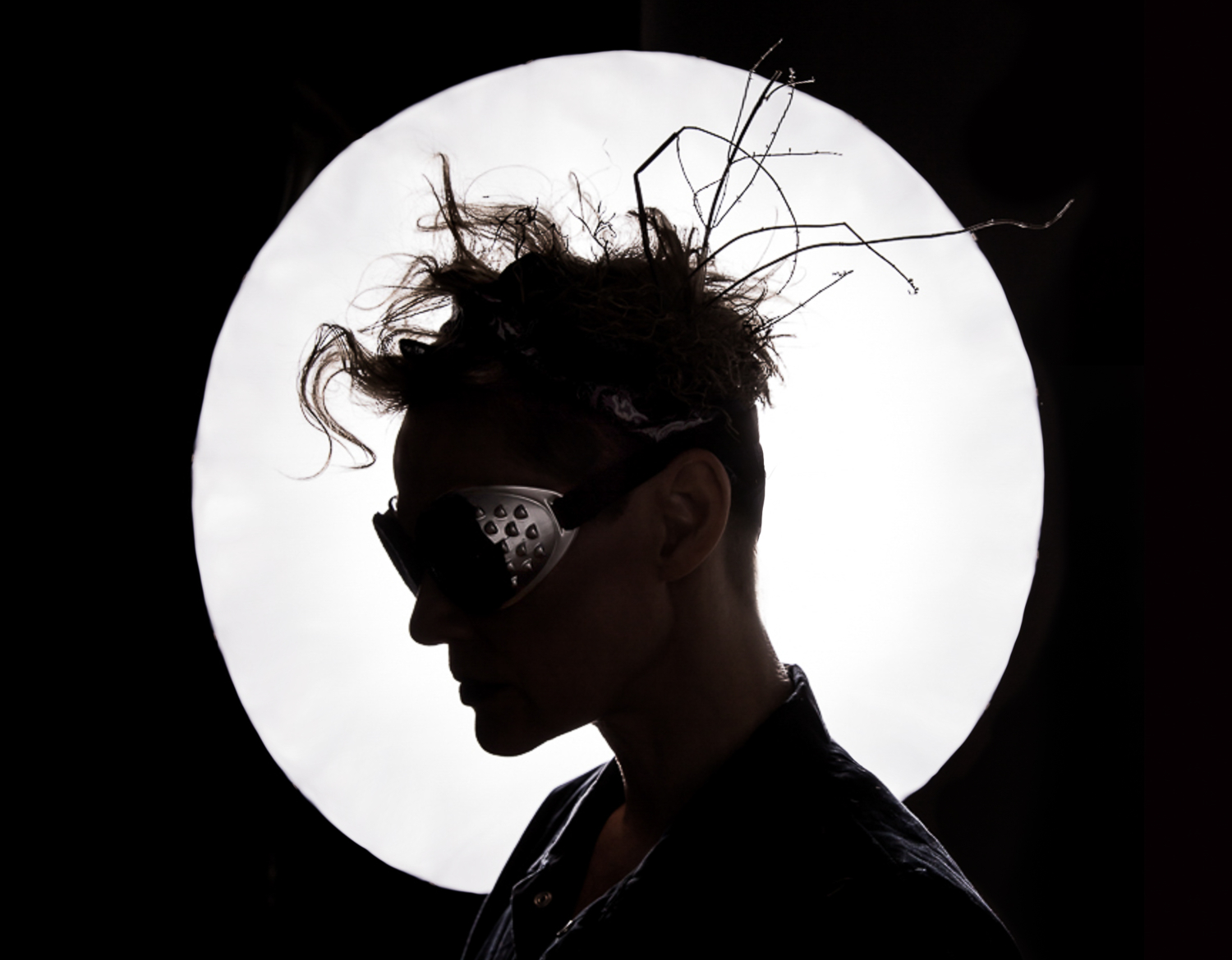
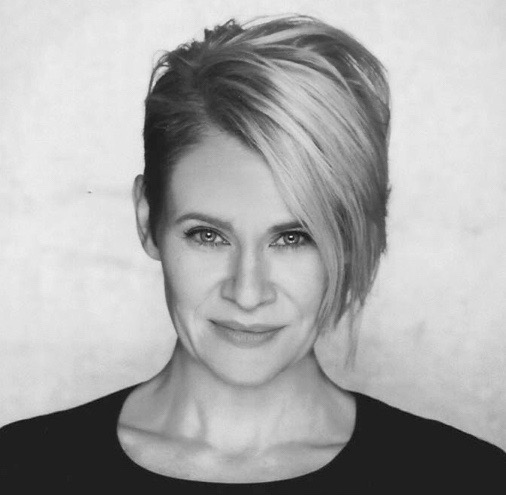
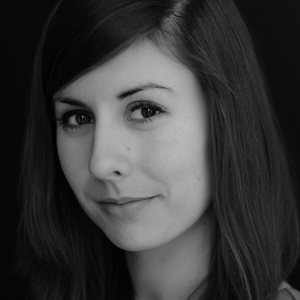






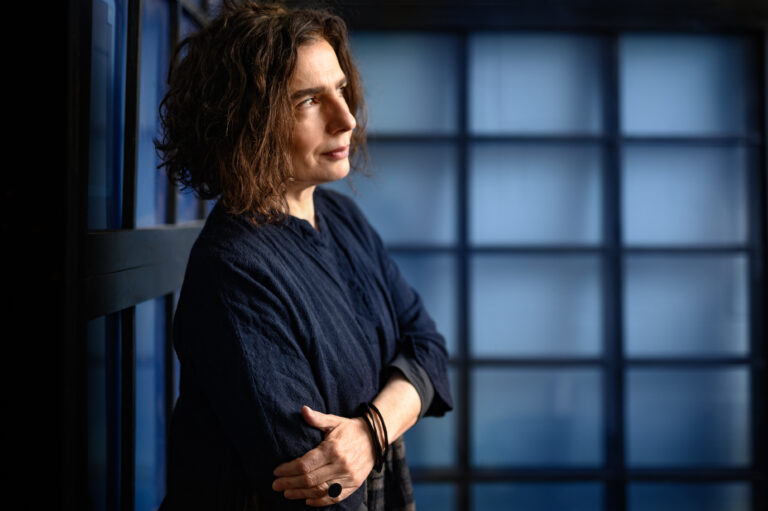
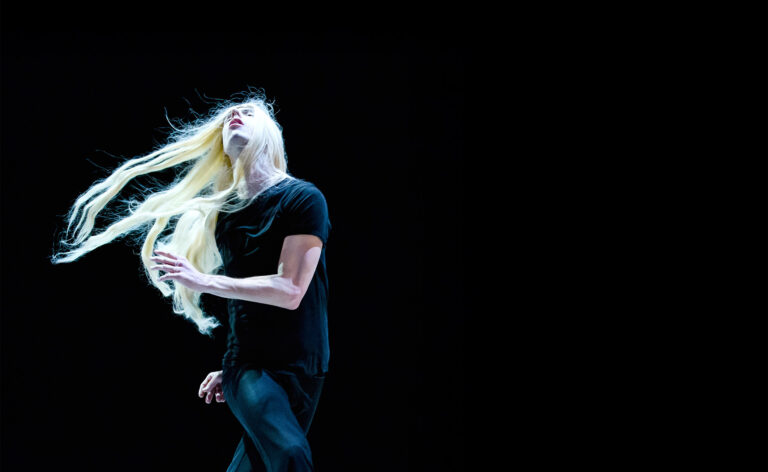
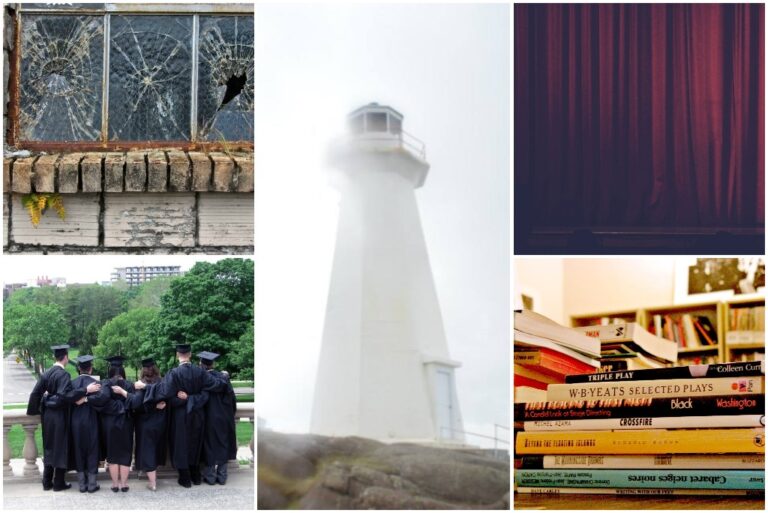

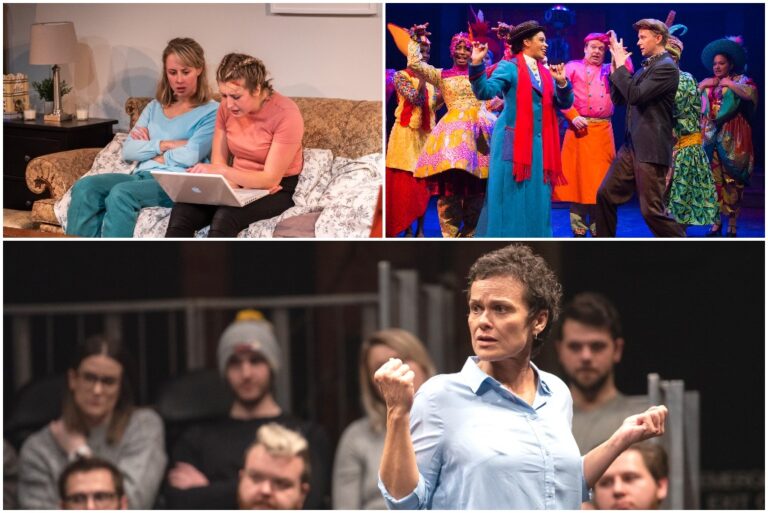
Comments